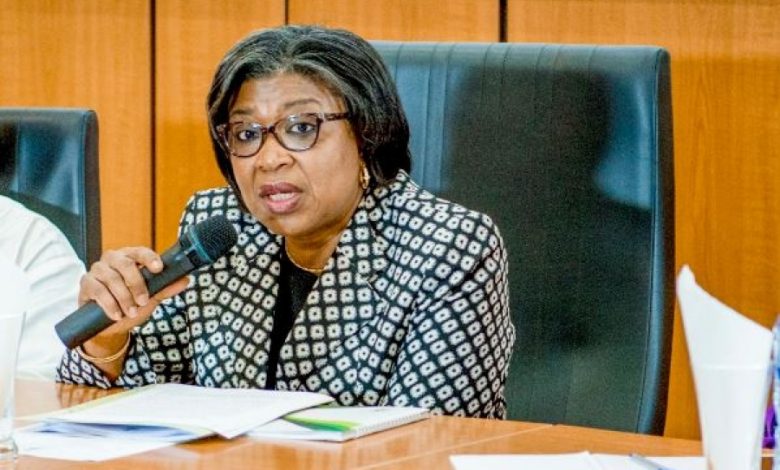
The Debt Management Office (DMO) expressed concerns over Nigeria’s excessive borrowing adding that the country’s debt burden may hit N81.64tn before the end of 2023.
Politics Nigeria understands that the figure was arrived at based on the 2022 Debt Sustainability Analysis Report by the debt office.
The DMO said the increase in total public debt-to-GDP to 37.1 percent in 2023 from 23.4 per cent as of September 2022 was due to the inclusion of an estimated N8.8tn 2023 debt, the government’s Ways and Means debt of over N23tn, and an estimated Promissory Notes issuance of N2.87tn in the debt stock.
“As of December 2022, Nigeria’s total public debt was N46.25tn, which means they might be an increase of 76.52 per cent this year”.
DMO warned that the Federal Government’s projected revenue of N10tn for 2023 cannot support fresh borrowings.
According to the office, the projected government’s debt service-to-revenue ratio of 73.5 per cent for 2023 is high and a threat to debt sustainability.
DMO stated that the government must pay attention to revenue generation by implementing far-reaching revenue mobilisation initiatives and reforms including the Strategic Revenue Growth Initiatives and all its pillars with a view to raising the country’s tax revenue to GDP ratio from about 7 percent to that of its peer.
It added that the Federal Government can reduce borrowing through the privatisation and/or sale of Government assets.
The Director-General of the DMO, Patience Oniha, recently said promissory notes, budget deficit and constant borrowing had led to an increase in public debt.
Among other reasons, she said” “the government has been issuing promissory notes to settle obligations, for which it doesn’t really have the revenue or cash. That is why the debt stock has been growing.”
